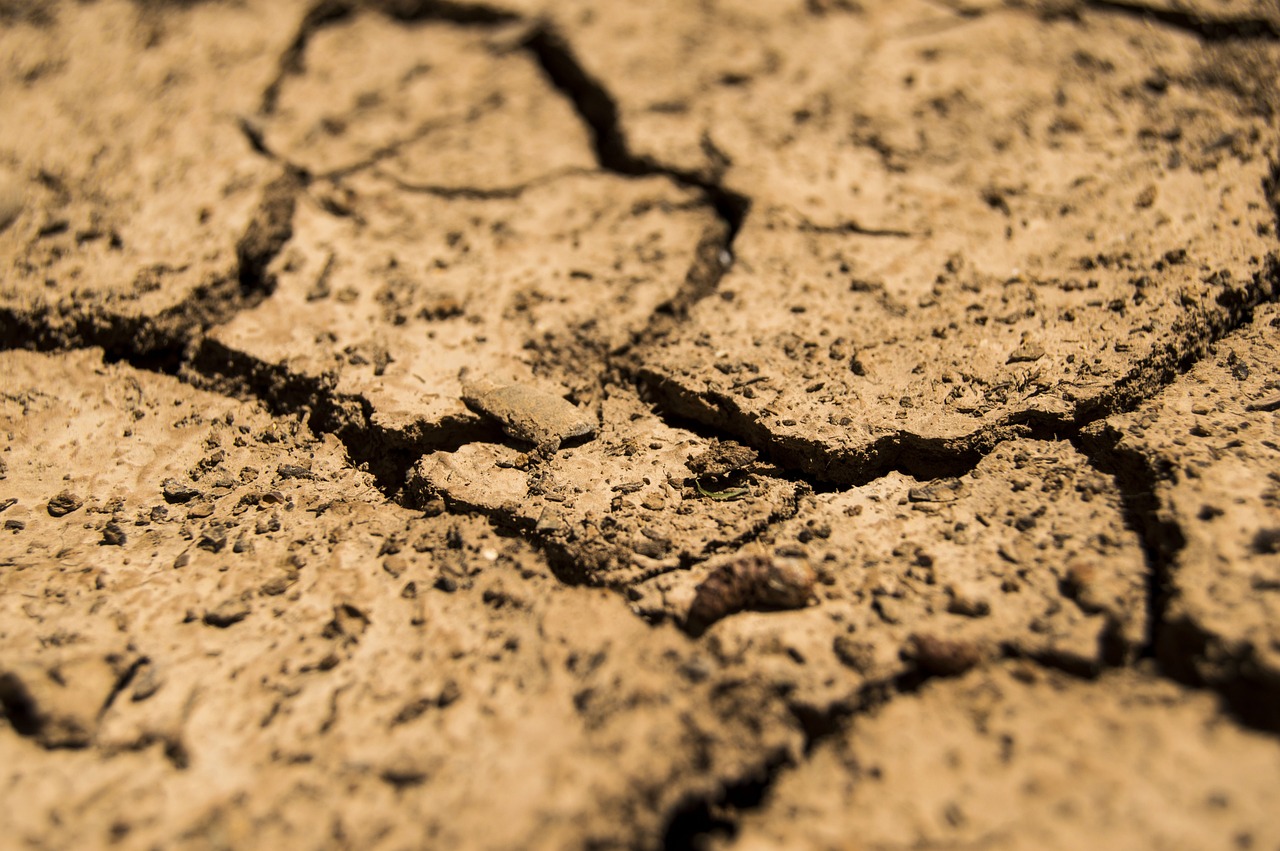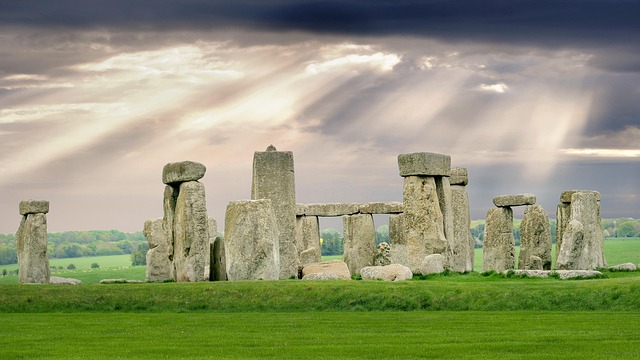Article Title:Interpretive challenges in the study of early complexity: Economy, ritual, and architecture at Paso de la Amada, Mexico
Abstract:
Archaeologists studying emergent complexity face significant interpretive challenges as they move beyond societal classification to explore associations of social, economic, or political variables. Analyses claiming surprising associations of variable states can no longer be dismissed out of hand, but they also need to be carefully scrutinized for weaknesses of logic and evidence. Previous analyses of architecture and artifact distributions at the Early Formative site of Paso de la Amada, Chiapas, Mexico, have yielded just such surprising results, one pointing to significant inequalities between households while the other suggests greater equality. After a review of both analyses, we argue that it is not necessary to dismiss one or the other. It may be that at this early point in the period of settled village life on the Chiapas Coast significant status differences between residential groups, as expressed in architecture, had emerged but that they were still tied only ineffectively to the economy, as represented by various classes of artifacts. (C) 2002 Elsevier Science (USA).
Keywords: emergent complexity; social inequality; Mesoamerica; Formative period; Paso de la Amada
DOI: 10.1006/jaar.2001.0388
Source:JOURNAL OF ANTHROPOLOGICAL ARCHAEOLOGY
Welcome to correct the error, please contact email: humanisticspider@gmail.com




